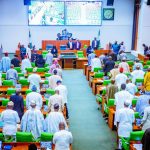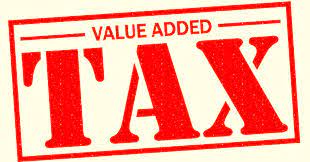Traders in Nigeria’s sachet water (pure water) business face the burden of paying at least six to seven taxes daily, revealed Taiwo Oyedele, Chairman of the Presidential Committee on Fiscal Policy and Tax Reforms. Oyedele disclosed this during an interview with TVC’s Deji 360 on Monday.
He explained that these levies, often referred to as ‘stickers’, are collected daily by local governments and other community agencies. The heavy taxation on small businesses like those in the informal sector—including traders and artisans—leads many to shut down shortly after starting.
Oyedele emphasized, “The market trader association said to us that those who are selling pure water have to pay like 6 to 7 taxes every day. They call them stickers. You are going to ask yourself is there any country where they have been very successful with their tax system by chasing everyone? The answer is no. You cannot become wealthy by taxing poverty.”
The committee is advocating to the National Assembly to suspend these levies, arguing they hinder economic growth. According to Oyedele, Nigeria has around 30 to 40 million micro, nano, and small businesses. The committee’s approach is to support this vast sector by reducing the tax burden.
In a significant proposal, the committee suggests that 95% of the informal sector be exempt from all tax payments to spur economic growth. Oyedele stated, “We did our analysis and we concluded that the percentage of our informal sector that you actually tax who have the ability to pay is between 3 to 5%. On that basis, we believe that we can be able to get enough data and intelligence to identify the bottom 95% and then legitimately exempt them from all tax obligations.”
The informal sector, which significantly contributes to Nigeria’s GDP and employment, should be supported through fiscal incentives, Oyedele argued. “The idea is we want to support the very important segment of our economy to be able to grow. They contribute a lot to our employment and our GDP, but they struggle. Many of them cannot survive 3 to 4 years so they set up those businesses then they go under. In large part, taxes are accountable for many of those reasons,” he added.
Small businesses in Nigeria frequently face multiple taxes from various levels of government, a problem the committee seeks to address by recommending the suspension of “nuisance taxes” that do not add value. The committee’s proposals, while favoring small businesses and the informal sector, await government implementation.










